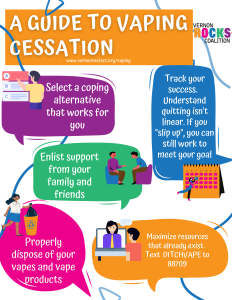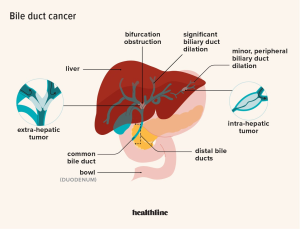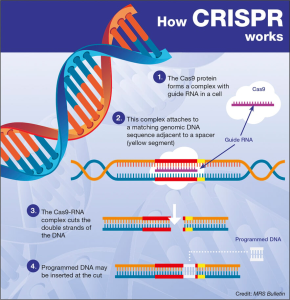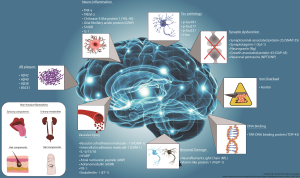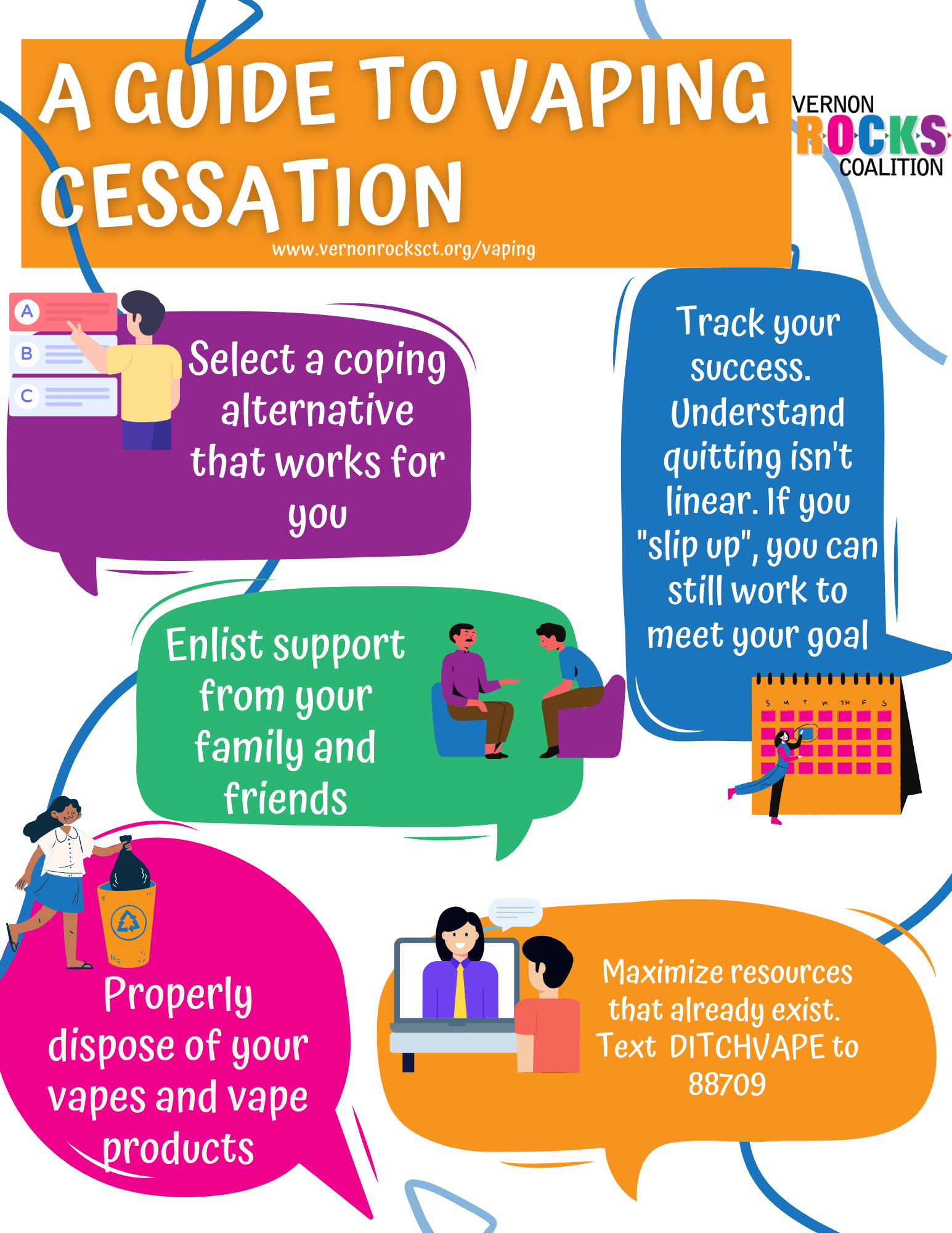
Vaping cessation is becoming increasingly vital as more youths fall prey to nicotine addiction through e-cigarettes. Recent research has highlighted the effectiveness of varenicline, an FDA-approved smoking cessation pill, in helping teens quit vaping. In fact, this medication has shown to be three times more successful in promoting cessation compared to behavioral counseling alone. With the alarming statistic that approximately a quarter of young adults vaped as of 2023, it’s clear that innovative smoking cessation treatments are urgently needed. For those looking to quit, the chance to utilize a proven method like varenicline offers a hopeful pathway away from nicotine addiction.
The need for effective strategies to stop vaping is more pressing than ever, particularly among younger populations. Known as e-cigarette use cessation, this process encompasses various therapies aimed at eliminating dependence on nicotine-laden products. Among these treatments, the prescription of varenicline has emerged as a promising solution, specifically designed to assist individuals, including teenagers, in reducing their reliance on vaping. The rise of non-traditional smoking alternatives, like vapes, necessitates attention towards innovative methods for achieving cessation. Through extensive research and clinical trials, new avenues for successful nicotine addiction treatment are being explored, ultimately providing hope for a healthier future free of vaping.
The Rising Epidemic of Vaping Among Teens
Vaping has surged in popularity among teenagers and young adults over the last decade, posing significant health risks associated with nicotine addiction. With over 25% of individuals aged 18 to 25 reported as vape users in 2023, the alarming trend necessitates urgent interventions to address the growing epidemic. The ease of concealment and a variety of flavors make vapes particularly enticing to this demographic, often leading them to underestimate the dangers of nicotine consumption.
Health ramifications of vaping are substantial, encompassing adverse effects such as respiratory issues and potential long-term addiction challenges. As highlighted by research, early exposure to nicotine can heighten the risk of developing dependencies on other harmful substances in the future. This alarming reality underscores the critical need for effective smoking cessation treatments tailored to youth, as conventional methods may not resonate with younger users.
Varenicline: A Promising Solution for Vaping Cessation
Recent studies show that varenicline, an FDA-approved smoking cessation pill, proves highly effective in assisting teenagers and young adults with quitting vaping. The clinical trial conducted by Mass General Brigham revealed that participants aged 16 to 25 taking varenicline were three times more successful in quitting compared to those using placebo treatments. Its effectiveness in tackling nicotine dependence could revolutionize vaping cessation strategies for young users.
What sets varenicline apart is its targeted approach to nicotine addiction treatment. By stimulating nicotine receptors in the brain while simultaneously blocking nicotine’s rewarding effects, varenicline alleviates withdrawal symptoms and cravings. This method not only supports immediate cessation but can prevent relapse, making it an ideal candidate for those seeking to quit vaping. The growing body of evidence endorses varenicline as a crucial element in FDA-approved vaping cessation protocols.
Behavioral Support: Enhancing Vaping Cessation Success Rates
While pharmacological interventions like varenicline are integral to successful vaping cessation, behavioral counseling plays a complementary role in enhancing treatment outcomes. The recent trial highlighted that participants receiving both varenicline and weekly behavioral support experienced more favorable results than those relying solely on behavioral counseling. This combination of medication and support fosters a holistic approach to overcoming nicotine addiction.
Behavioural techniques such as goal setting, coping strategies, and peer support significantly bolster the quitting process. Platforms like “This is Quitting” provide a vital resource, offering continuous support to individuals navigating the hurdles of cessation. By addressing both the physiological and psychological aspects of nicotine addiction, this dual approach presents a more robust pathway for teens and young adults striving to break free from vaping.
Understanding the Risks of Nicotine Addiction in Youth
The lure of vaping comes with serious risks, particularly for adolescents whose brains are still developing. Exposure to nicotine can lead to chronic addiction, creating a cycle that’s challenging to break. The study emphasizes that vaping is not merely a harmless alternative to cigarettes; rather, it is fraught with potential health hazards, including behavioral changes and cognitive deficits attributable to nicotine exposure at a young age.
Moreover, the health implications extend beyond personal risk, as nicotine dependence can influence broader social dynamics, including increased substance use in vulnerable populations. It’s paramount that public health campaigns target these risks, aiming to educate youth on the consequences of vaping and the importance of seeking effective cessation methods.
The Importance of Research in Smoking Cessation Treatments
Ongoing research into smoking cessation treatments, particularly for younger populations, is critical in combating the vaping epidemic. The findings from recent clinical trials pave the way for improved understanding of effective strategies tailored to adolescents, who often require different approaches compared to adults. Emphasizing youth-focused studies highlights a commitment to addressing the unique challenges faced by younger individuals in quitting nicotine.
Further investigation into alternative therapeutic approaches could unveil additional tools for combating nicotine addiction in teens and young adults. As the landscape of vaping evolves, continuous research ensures that health professionals remain equipped with knowledge and innovative solutions to support those struggling to overcome their addiction.
The Role of Health Organizations in Promoting Cessation
Health organizations play a crucial role in destigmatizing vaping cessation and increasing awareness of safe treatment options available for teens and young adults. By promoting educational programs and resources, organizations can better equip youth with the knowledge necessary to make informed choices about their health. Strategic outreach can raise awareness of FDA-approved vaping cessation options like varenicline, reinforcing its credibility as a viable solution.
Additionally, collaboration between health agencies and educational institutions can enhance support systems within schools, helping young people to recognize when they need assistance with quitting. Integrating cessation support into curricula not only fosters a culture of health but also encourages open dialogue about the risks of vaping, leading to more adolescents seeking help.
Success Stories: The Impact of Cessation Programs
Success stories from individuals who have utilized varenicline and behavioral counseling illustrate the profound impact of effective cessation programs. Many teens and young adults share their personal journeys, detailing how these therapies empowered them to reclaim their health and quit vaping for good. This community storytelling serves as a beacon of hope and a testament to the success of evidence-based approaches to nicotine addiction.
Moreover, these success narratives can motivate others who are still struggling with their vaping habits. By showcasing the efficacy of FDA-approved treatments like varenicline, more individuals may be encouraged to seek help and pursue their own paths to quitting. Positive reinforcement through community support can be instrumental in fostering resilience and long-term abstinence from vaping.
Future Directions in Vaping Cessation Research
As the vaping landscape continues to evolve rapidly, future research should prioritize understanding the long-term effects of vaping and the efficacy of various cessation methods in different demographics. Innovations in treatment modalities, including personalized medicine approaches, could yield more effective intervention strategies tailored to the specific needs of adolescents and young adults.
Additionally, ongoing studies should explore the integration of digital health tools in conjunction with traditional cessation methods. Ensuring that new strategies are accessible and appealing to younger demographics will enhance their likelihood of participation in cessation programs. By remaining adaptive and responsive to trends, researchers and practitioners can ensure effective support in combating nicotine addiction.
Legislative Measures: Protecting Youth from Vaping Addiction
Effective legislative measures are essential in protecting youth from the deceptive marketing tactics of vaping products. Policies aimed at restricting the sale of flavored vapes and establishing stricter age verification processes can substantially reduce accessibility for adolescents, ultimately working in tandem with cessation initiatives to mitigate nicotine addiction’s prevalence.
By instituting comprehensive approaches that include both prevention and cessation strategies, lawmakers can foster a healthier environment for young people. This collaborative effort, combined with public health campaigns promoting awareness of vaping’s risks, can create a holistic framework that effectively reduces nicotine usage and encourages successful cessation.
Frequently Asked Questions
What is vaping cessation and how can it help smokers?
Vaping cessation refers to the process of quitting the use of e-cigarettes and vapes. It is essential for smokers as it helps address nicotine addiction and reduces health risks associated with vaping. Utilizing FDA-approved smoking cessation treatments like varenicline can significantly aid individuals in successfully quitting vaping.
Can varenicline be effective for vaping cessation in teens?
Yes, varenicline is effective for vaping cessation in teens. Recent studies show that it has helped young adults aged 16 to 25 quit vaping more than three times compared to those who did not take the medication. This FDA-approved smoking cessation pill targets nicotine addiction and is proven to increase the success rate of quitting.
What is the best FDA-approved medication for vaping cessation?
The FDA-approved smoking cessation medication varenicline is currently recognized as one of the best options for vaping cessation. It has shown remarkable efficacy in clinical trials, helping young adults achieve higher rates of quitting vaping compared to behavioral counseling alone.
Are there any smoking cessation treatments specifically for young adults?
Yes, varenicline is a smoking cessation treatment specifically studied for young adults. Research indicates that it is both safe and effective for helping teens and young adults aged 16 to 25 quit vaping, addressing their unique challenges related to nicotine addiction.
How does behavioral counseling complement vaping cessation efforts?
Behavioral counseling complements vaping cessation efforts by providing support and strategies for managing cravings and triggers. When combined with FDA-approved treatments like varenicline, counseling boosts the odds of successfully quitting vaping, evidenced by significant increases in quit rates in recent studies.
What role do nicotine addiction treatments play in vaping cessation?
Nicotine addiction treatments, such as varenicline, are crucial for effective vaping cessation. These treatments help manage withdrawal symptoms and cravings, significantly increasing the likelihood of success for individuals seeking to quit vaping, especially among adolescents and young adults.
Is it safe to use varenicline for vaping cessation among adolescents?
Yes, clinical studies indicate that varenicline is safe for adolescents seeking vaping cessation. It has been shown not only to be effective but also to not lead to increased smoking rates, reassuring healthcare providers and patients about its safety for young users.
How successful are adolescents in quitting vaping when using varenicline?
Adolescents have shown up to three times higher success rates in quitting vaping when using varenicline compared to those who only receive behavioral counseling. This highlights the effectiveness of such FDA-approved medications in addressing nicotine addiction among youth.
What statistics are available on young adults vaping and cessation?
As of 2023, about a quarter of young adults aged 18 to 25 vape, with estimates suggesting 8% of high schoolers vaped in 2024. The application of vaping cessation treatments like varenicline is key in addressing this public health concern among young people.
How long does it take to see results from vaping cessation pills like varenicline?
Results from vaping cessation pills like varenicline can typically be observed within 12 weeks of treatment. Many participants have reported successfully quitting vaping during or shortly after this period, particularly those also engaging in behavioral therapy.
| Key Points | Details |
|---|---|
| FDA-Approved Medication | Varenicline is a smoking cessation pill approved for adult use that has shown effectiveness for younger users. |
| Study Results | Teens and young adults taking varenicline had a 51% success rate in quitting vaping after 12 weeks, compared to 14% for placebo. |
| Target Population | Study focused on participants aged 16 to 25, where about 25% vaped in 2023. |
| Treatment Approach | Participants were divided into groups receiving varenicline, placebo, or text support alone, all with behavioral counseling. |
| Safety and Efficacy | No participants who quit vaping transitioned to cigarettes, indicating safety in the use of varenicline. |
Summary
Vaping cessation has become critical in public health, especially considering the popularity of vaping among teens and young adults. Recent studies show that using varenicline significantly enhances the chances of successfully quitting vaping compared to other methods. With an impressive success rate and evidence supporting its safety, varenicline stands out as an effective option for those looking to break the vaping habit. This approach not only addresses nicotine addiction but also helps mitigate the long-term risks associated with early nicotine exposure.
